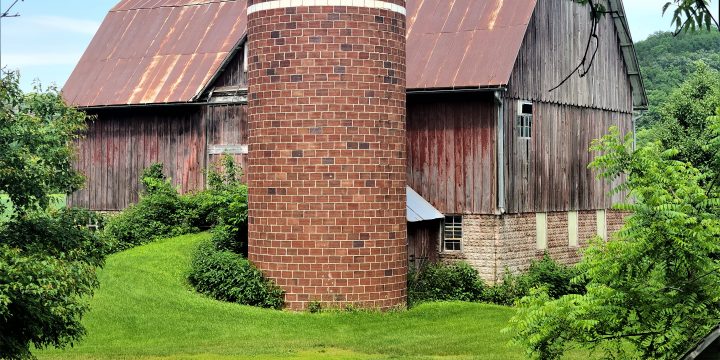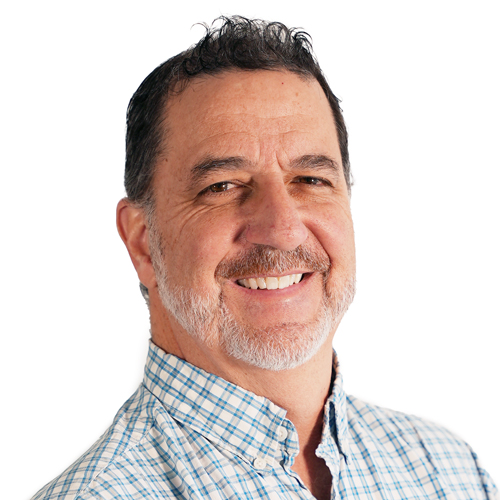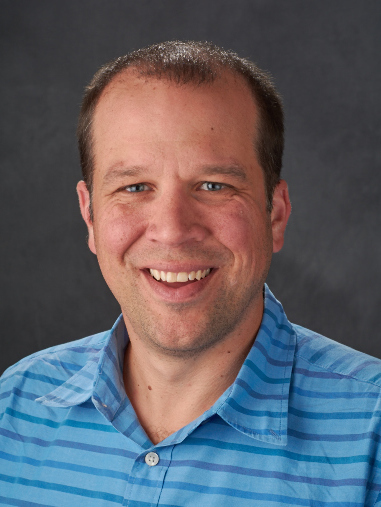August 25, 2022
By Marie Zhuikov
The Wisconsin Idea is one of the longest and deepest traditions surrounding the University of Wisconsin. It promotes the principle that education and the influence of the university need to reach beyond the boundaries of the classroom across the state.
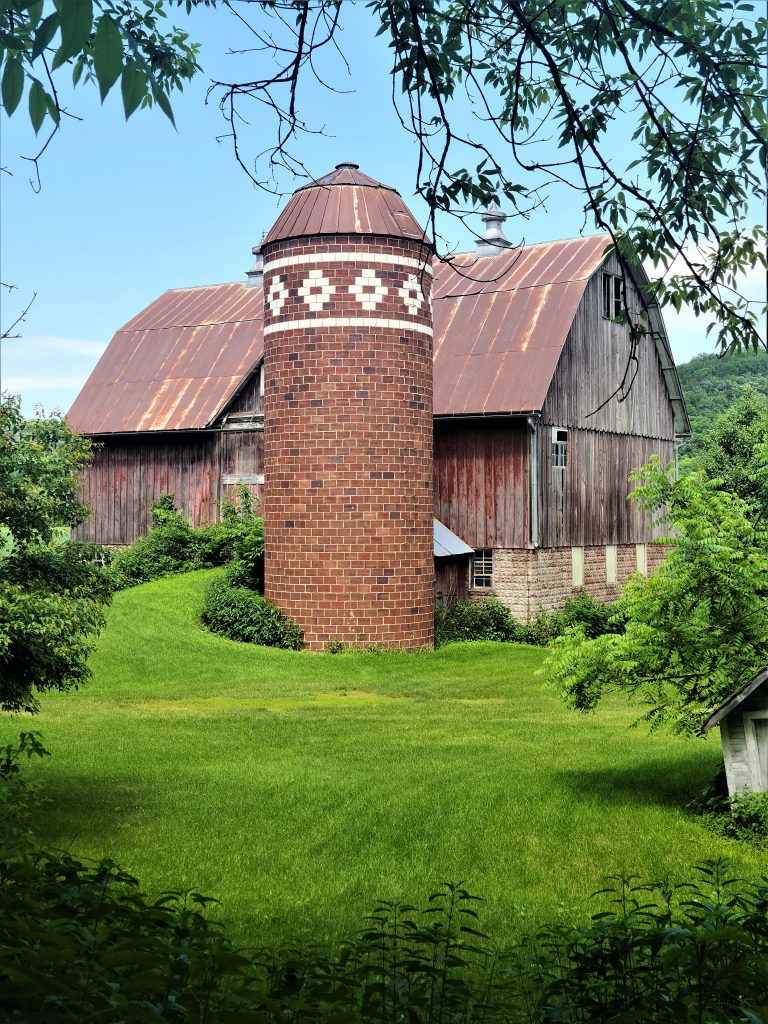
Associate Professor of Geoscience Michael Cardiff and his research team at the University of Wisconsin-Madison are applying the Wisconsin Idea to groundwater issues. They received two years of funding from the University of Wisconsin Water Resources Institute to survey rural residents about their perceptions regarding groundwater quality and quantity. The findings will be interpreted by a panel of experts who will use the results to inform future water opportunities and research directions.
“The central goal is basically understanding people’s perspectives on this issue of water availability with the idea that if we better understand stakeholders — the people who care about water — we can do a better job of making decisions that are positive and are viewed positively,” Cardiff said.
The water survey will be sent by mail in early 2023 to people who live in rural communities. “As far as we’re aware, it’s going to be the first of its kind to try and get a better handle on rural Wisconsin perspectives,” Cardiff said. “We are focusing on rural counties because 97% of our state is rural and the majority of water is beneath those counties, but we’re also trying to get some diversity represented in the counties we are surveying.” Cardiff noted that rural communities depend on groundwater for their drinking water supply because many do not have public water treatment systems.
For a second part of the study, the researchers will examine news stories, research reports, county plans and public comments with a technique called natural language processing, which allows computers to read and extract meaning from text. The computers will be instructed to analyze and summarize articles that contain terms such as “water quality.” Cardiff explained this is another way to tune into conversations surrounding water issues in various communities.
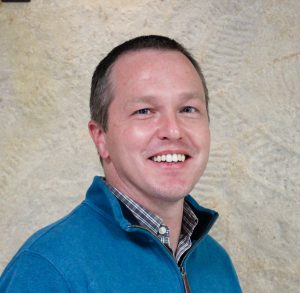
This project was an unexpected benefit from the social isolation that Cardiff experienced during the Covid-19 pandemic. “It was a great chance to pause and consider the impact of my work,” he said. “I came to the conclusion that I love the technical aspects of the work I do, but one of the reasons I’m in hydrology is that it’s important that the work has positive outcomes – both for people and the planet. I felt there was a niche to make more connections with people about what’s going on with water resources and understand their perspectives so we can have productive conversations throughout the state.”
Collaborating with Cardiff on the project are Bret Shaw, associate professor in life sciences communication and Ken Genskow, professor of planning and landscape architecture. Both are at UW-Madison. Shaw will ensure the survey questions elicit useful information and that they are understandable. Genskow has experience bridging the gap between water science and social science. He’ll bring his experience working with rural communities on issues such as nitrate contamination in groundwater.
They will be aided by students Catherine Christenson and Campbell Dunn.
This project is also receiving additional funding from the U.S. Geological Survey.

